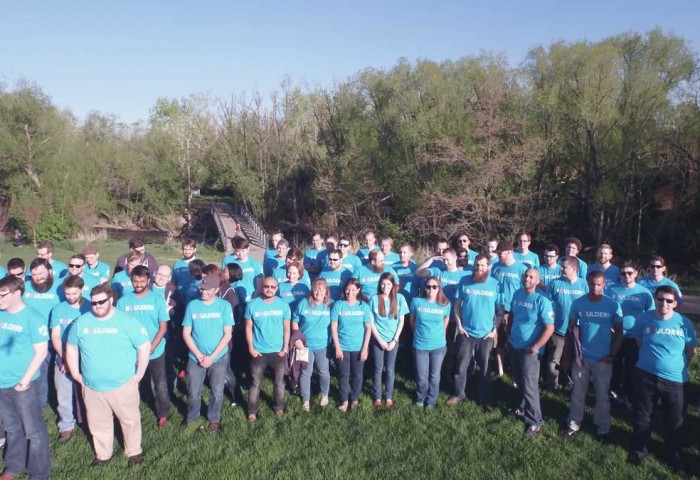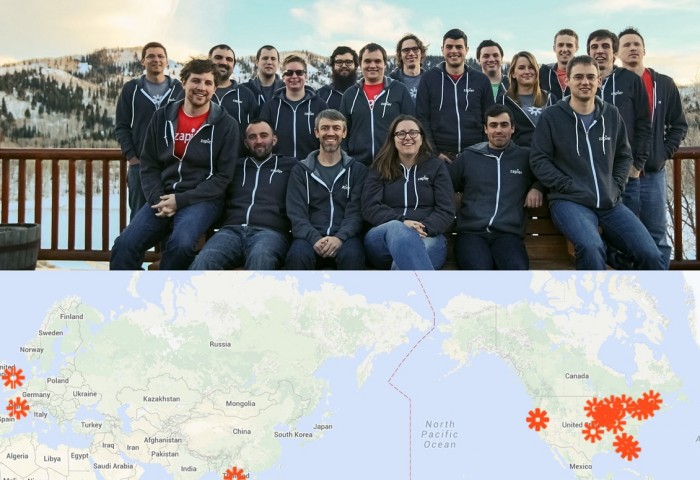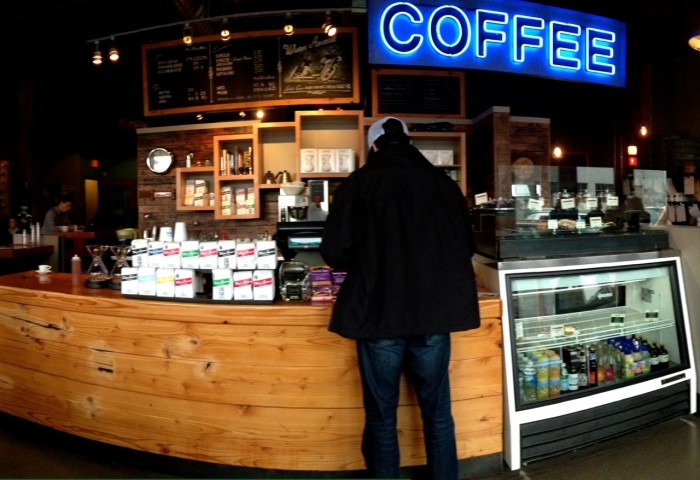WordPress plugin-maker OnTheGoSystems has a multilingual, multinational team spread across six continents and over 30 countries. As the developer of the extremely popular WordPress Multilingual plugin and the operator of a comprehensive, professional translation service, having a fully distributed, worldwide team is a natural fit.
Josh Catone talked to Amit Kvint about what it’s like working for a company whose employees span borders, timezones and cultures.
What does your OnTheGoSystems do and what do you do there?
OnTheGoSystems is the company beyond great WordPress ideas made into plugins like WPML and Toolset. Another part of the company is behind ICanLocalize, a professional translation service. I am lead developer of the Compatibility team; we are a team of seven developers and administrators, basically we help authors of other plugins and themes make their products compatible with WPML, meaning we help them achieve being multilingual-ready. We also help authors develop themes using our powerful Toolset plugin.
How many people work at OnTheGoSystems now and how distributed are you?
We are 69 people ‘here’ at the moment. We come from 30 different countries, we are 100% distributed, there is no one sitting in an office with anyone else.
What drew you to remote work? Prior to your current job, had you worked remotely before?
I have never worked remotely before, but it was always what I wanted, especially since I moved to live off the grid in quite an isolated area — working remotely is the perfect solution for my lifestyle.
Do you miss anything about working in an office with other people?
The only thing that I miss a bit is the obligation you have to go out when you work in an office. [Though] the actual meeting of people is recompensed in other ways in OnTheGoSystems, every once in a while I do need to remind myself I should go out and meet people (that are not friends visiting or my own family).
How does OnTheGoSystems keep everyone feeling connected?
We are divided into teams working on focused tasks, inside each team we meet quite a lot — some teams meet everyday and some every few days. We try to always have the camera on when we meet, which is very nice. In my team, for example, we have what we call ‘quick chat’ almost everyday and another longer meeting once a week. We also meet quite a lot 1-on-1; we all connect to Skype daily and we also use Slack and Google Hangouts. Personally, there is not one day I do not chat to at least 4-5 co workers.
When we connect in the morning we greet each other, and when we finish work we do as well. We use quite a lot of Google communities — each team has a group there and we also have a general group. The small dedicated groups are used for technical stuff while in the larger group people post their thoughts, about music, books they read, etc. We also have a very nice and active blog, which comes up once a month; many people interact and write about different issues there.
Another very important thing we do is meet once a year somewhere around the globe, in these company meetings we get to spend some intense quality time with each other.
What are the biggest challenges your company or team faces by being distributed and how do you overcome them?
The biggest challenge, I think, is that working remotely means you need to be over communicative, and very verbal — when you work in an office sometimes only with a gesture or a few words information is passed to others, when you work remotely this whole form of non-verbal communication is very limited. This means you need to compensate for that with words. We try to always say the extra word, be very nice and attentive to what others are saying so things will go smoothly and work will be done effectively.
And on a personal level, what do you find most challenging about working remotely?
The biggest challenge is to know how to balance between your family life (I have 3 kids) and work. When you work in an office, the borders are a lot clearer; when your office is inside your home, sometime it’s more challenging for you and for your family. It takes time to know how to handle this.
Flipping that around, what benefits does OnTheGoSystems derive from having a fully distributed team?
I think the two major benefits are: having a multicultural, diverse team of people and being able to recruit the best people no matter where they come from. With WPML, for example, having people coming from many different countries and languages makes a lot of sense, because our clients are also coming from many parts of the world.
When you work in an office sometimes only with a gesture or a few words information is passed to others, when you work remotely this whole form of non-verbal communication is very limited.When you work in an office sometimes only with a gesture or a few words information is passed to others, when you work remotely this whole form of non-verbal communication is very limited.
What do you think is the most important thing you do to ensure successful collaboration as a company?
The one most important thing is running a stress-free working environment as much as it’s possible, understanding that we all have the same goal: which is to develop and support the best solutions we can.
Talk about some of the benchmarks your company uses to make sure everyone is in a good place, both mentally and operationally.
A few things help us to be in a good place. We have a scholarship program in which people can develop their hobbies and fields or interest. And we are very task focused; this makes work more fulfilling and less boring. We set tasks together, decisions are [made] in a discussion and a democratic way.
What sort of culture does your company have?
We discuss and decide together, there is a true feeling of togetherness, which brings a shared feeling of responsibility
Describe your personal work environment.
I have a desk outside in a covered terrace that I use most months of the year (I live in the south of Spain, weather is usually nice). In winter, I work in the attic and when things get too noisy (in summer for example when kids are home), I set my office in a small caravan I have parked in the garden. I just have a desk, my laptop and an extra monitor that I use when I need to.
How do you manage work/life balance when working from your home?
As I said before, this is a big challenge in my case. With time I have developed a way to understand that work will not go away and that unless [a task is] really urgent, I need to stop working when time comes. Still, I find it quite impossible to not check my emails or new tickets way after working hours.
I think the two major benefits [of remote work] are: having a multicultural, diverse team of people and being able to recruit the best people no matter where they come from.I think the two major benefits [of remote work] are: having a multicultural, diverse team of people and being able to recruit the best people no matter where they come from.
How do you keep distractions to a minimum? How do you personally measure efficiency?
Keeping distractions to a minimum and being efficient is a matter of planning ahead in most cases; I try to have a some kind of a plan for tomorrow when I finish the day. I try to answer emails and answer Skype in certain hours so other tasks that need more focus can be done in a more quiet way. Usually that means I do not start the day with answering emails (a tip I got from a colleague, Mihai Grigori).
I also find music — especially jazz — helps me concentrate.
I measure efficiency by the number of important tasks I have managed to resolve per week. This is how I look at my team’s efficiency; important tasks in our case are either things that directly helped clients resolve issues they had or will make clients (and theme authors) lives easier, so issues will be prevented in the near future.
What are some of the tools you couldn’t live without as a remote company?
Slack, Git, Skype, Google Hangouts, and YouTrack.
What advice would you give to a company thinking about going fully remote?
I think the challenge is mainly mental. You need to let go, in many ways, of how you think of work; when this is achieved, and with the right management, you’ll find out the gain is much superior to the disadvantages.
About the Author
Interview by Josh Catone. Reprinted with permission from Pajamas.io. Josh is an editor and writer from Providence, RI. He’s worked remotely for nearly a decade for companies like Mashable, feedly, SitePoint, ReadWrite, and Raw Story. Currently, he works for Saent, an app and connected device designed to help people do great work and live more fulfilling lives. You can follow him on Twitter @catone.



Responses